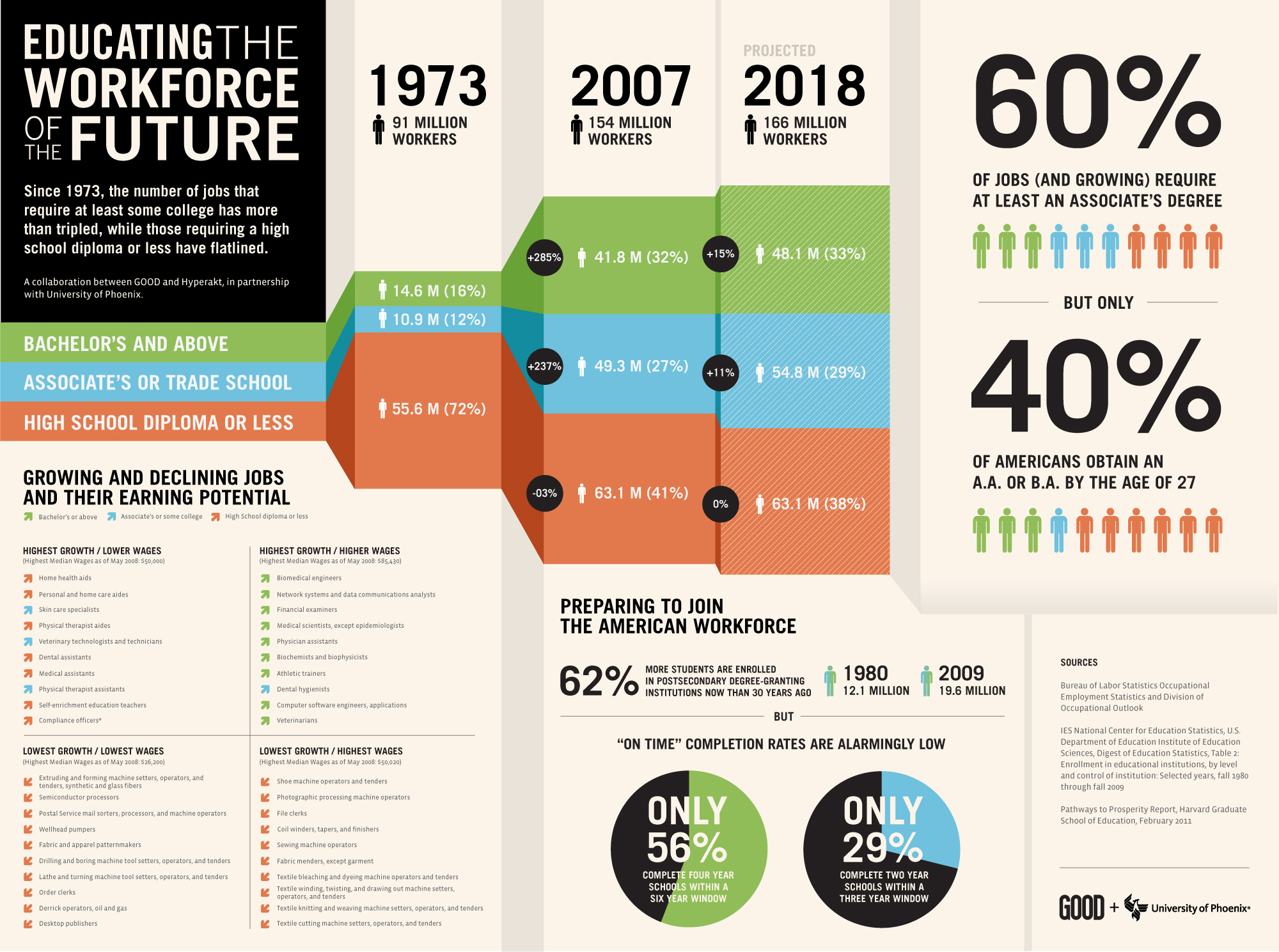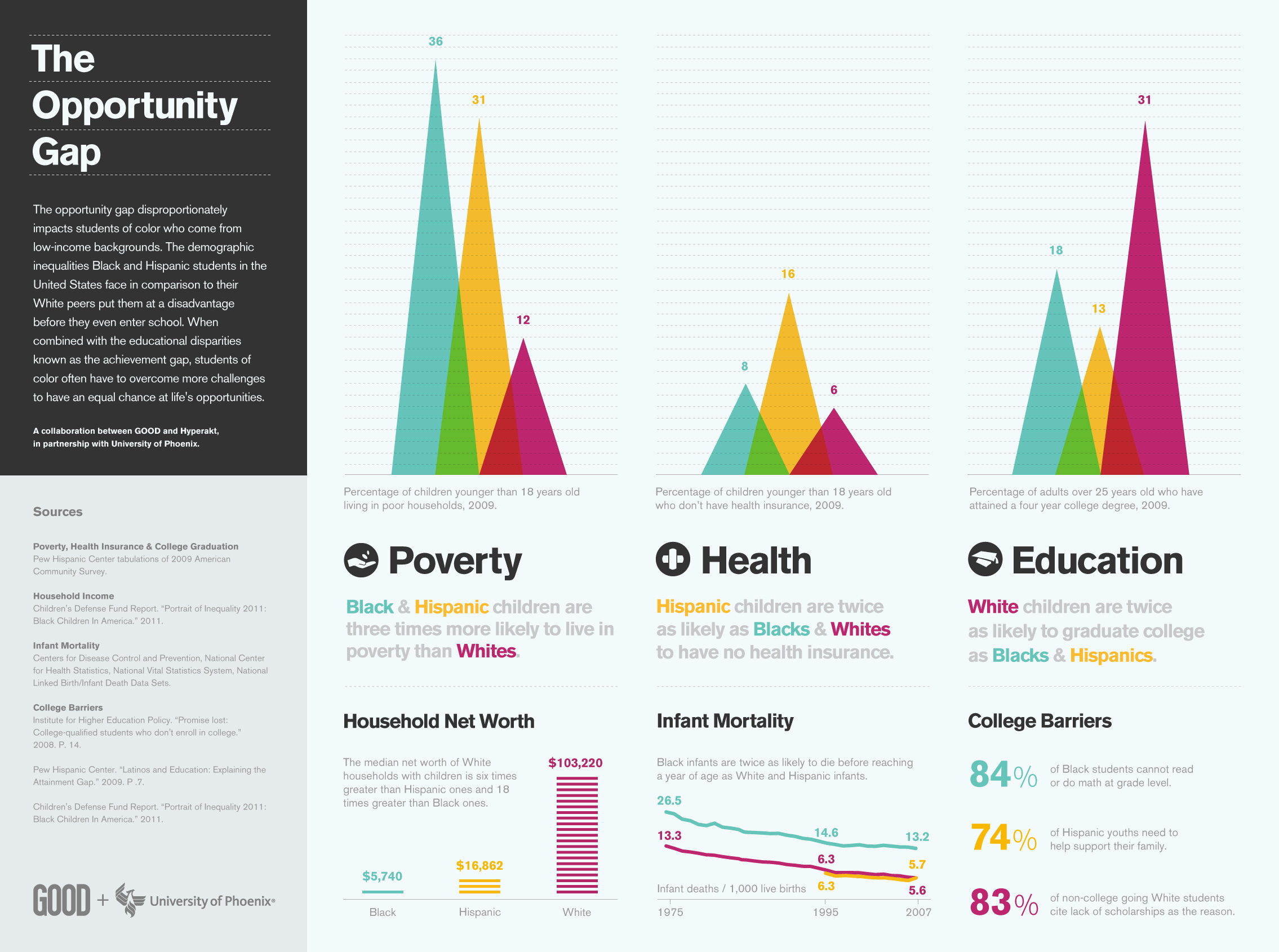No more philosophy majors?
For a 'I can't believe it's mid-April and my flight is probably going to get canceled because it is STILL snowing Friday', an interesting piece of news from a couple of weeks ago on how one university is seeking to re-align many of its programs of study with its assessment of labor market changes and trends.
The TL;DR version?
No one wants to hire History, English, or Philosophy majors. (I am not sure that this is actually true by the way, but that seems to be the conclusion). Here's some details from a recent piece in Fortune on what the University of Wisconsin at Stevens Point is proposing:
One university doesn’t think its students need to pursue English as a major anymore. Or philosophy, history, or Spanish.
The University of Wisconsin at Stevens Point has proposed dropping more than a dozen majors currently offered through its humanities and social sciences departments. The university would instead offer programs with “clear career pathways.".
Included in the list of majors to be dropped are the above mentioned history, English, and philosophy as well as programs in geography, (who needs that when we have GPS?), political science, (that seems like it would be in demand these days), and American studies, (that actually sounds really interesting to me).
Other programs to be expanded or created in this effort to better align the University's programs with what is or at least seems to be happening in the job market include chemical engineering, finance, marketing, (Is there really a shortage of marketers?), and geographic information science, (sounds like geography).
While this is not really a remarkable or surprising bit of news, I do find it interesting when thinking about what many smart folks seem to say about how work is changing, how automation and AI are replacing (or augmenting), many kinds of labor and roles, and what are the true skills all workers will need to be successful and employable in the robot future.
And by that I am talking about the kinds of human skills and traits that can't easily or perhaps shouldn't be replaced by machines or algorithms - creativity, empathy, emotional understanding, appreciation of (yes I am saying it), history and philosophy. Sure, the kinds of 'hard skills' and technical programs that this university wants to emphasize are currently in demand, but like many (or all) kinds of technology and science roles, the likelihood of automation and more advanced AI tools replacing them (or at least reducing the need for some human labor) in them is pretty high.
I am not totally sure what 'Geographic information science' is, but I would be willing to bet that technology will be able to perform lots of what that role requires much sooner than any kind of technology would be able to think, reason, assess, and communicate like a talented philosophy graduate.
And by the way, if I was looking for new marketing talent, I might prefer a philosophy major or a sociology major anyway.
Figuring out what kinds of skills are going to be needed and in demand in a changing and dynamic labor market is certainly not easy, and I understand that universities also have practical challenges and have to produce and offer programs that will attract students, (and parents).
But while there is a lot of data and science that shows where the (current) jobs are there is also some art to producing the kinds of talent that will best be able to help the economy thrive.
And we probably can't do art, at least not well, if we stop teaching art.
Have a great weekend!

 Steve
Steve




